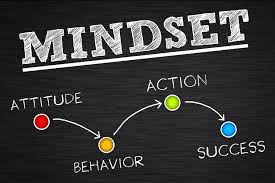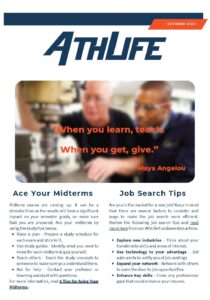Lifelete Fundamental
October 27, 2015
You were not an overnight success on the playing field, it took years of practice, determination, and study; you became an expert in your craft. As you step into a new career perhaps your second or third, you know that nothing worth having happens overnight. It takes time to develop skills, abilities, knowledge and confidence in any career path. First you have to figure out how to develop yourself to meet the demands of your new career.
One way to describe career exploration is as a research project. It is a straightforward process but the outcomes are often unknown, thorough investigation and inquiry will yield better outcomes. You may have started the process with an assessment or two to determine interests and personality traits that influence how, where and why you like to work. You might have gone through a list of 10 occupations weighing the pros and cons of each. You may have even had conversations with people in a particular occupation; all a part of the research necessary to discover your likes/dislikes and desires/deal breakers. Once you have come to a conclusion about your next career, and have a goal in mind, how do you get yourself there? The research is not over! Here are five questions that are integral to achieving your goal.
- What credentials are required to become a viable candidate (hirable)?
- Do I need to earn a specific degree?
- What certifications or licenses are required?
- What are the available paths to get the required knowledge and credentials?
- Do you need an undergraduate degree, a graduate degree or certificate?
- Can I get hands on training through an externship or apprentice program?
- What are the requisite skills and abilities for this career?
- Use a resource like the O-Net to discover
- Read job descriptions for current openings
- What should I be looking for in an educational institution to help me reach my career goals?
- Does the program offer outcomes that will prepare me to step into a job upon completion
- Is the program respected in the industry (use LinkedIn University Finder to see where people are working that attended a particular program)
- What can I do if I am unable to begin formal training/education at this time?
- Volunteer your time to projects where you can learn from others who are doing what you would like to be doing and you can practice.Informal training options have never been easier.
- Software, books, podcasts, MOOCs and other training programs offer a multitude of options to improve your knowledge base.



